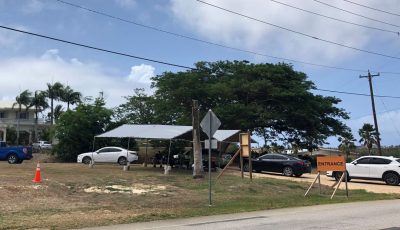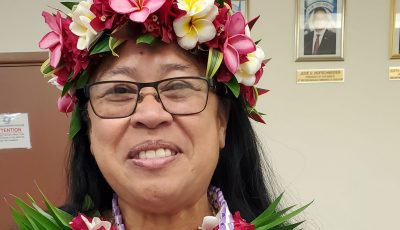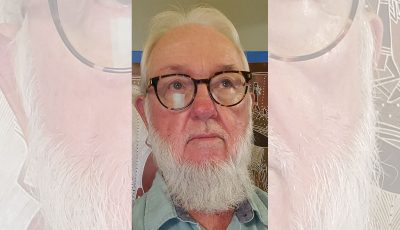Marianas Working Group takes up homeland and food security
Leaders in the CNMI and Guam recently got together in Guam to continue their talks on several issues facing the Marianas today.
House Federal and Foreign Affairs Committee chair Rep. Luis Joh DLG Castro (R-Saipan) said the Marianas Working Group talked about, among others, business, public safety, homeland and food security.
Castro said that they have been working with the Senate, and with their counterparts in the Guam legislature, in coming up with policies that could assist both jurisdictions, through reciprocal legislation that would alleviate some of the difficulties both the CNMI and Guam may have. He cited permits and application processes as an example.
“If you’re from Saipan going to Guam, it’s like the New York phone book. It can be that thick and a lot of people to work with, as opposed to, say, here [on Saipan]. The processes might be either more difficult or a little bit easier for someone from Guam who wants to move here or do business here,” he said. “It’s those things that we try our best as legislators, not just of the CNMI, but as legislators of the Marianas. We find that work like that is imperative because we never know whether the policies that are in place now, the status quo, might be detrimental down the line.”
Castro also said that they also talked about food security and homeland security.
“Even though a lot of the threats to security have been focused [on] Guam, it does not mean that we’re not going to be affected by them as well. So we’ve been working really closely with Guam Homeland Security, CNMI Homeland Security, about addressing those matters.”
As for food security, the legislator said they have talked about what can be done to sustain food sources in the Marianas, especially with uncontrollable natural and external factors in line.
“We’ve had two major disasters and Guam knows that feeling as well, because some people there are still dealing with Pongsona, a typhoon that hit them two decades ago,” Castro said. “It’s very important that when it comes time for situations where we don’t have power, we don’t have water, we need to be able to ensure that we have a ready source of food and water when it’s needed. It’s not just our food source from the land, it’s our food source from the ocean.”
The working group was able to meet with members of the Guam fishermen’s coop to see what resources can be shared about sustaining the fishery population.
“It’s a lot of research sharing, because it’s a matter of being responsible…If you don’t think of that food source as important, somebody else is going to, so you always have to make sure that you kind of balance that out. We hope that those sharing of resources can help.”



























